Social Participation: Why is it essential for the Realization of the Right to Adequate Food?
German Institute for Human Rights, Berlin
Summary of topics and results
“There is no effective way to realize the right to adequate food other than through social participation, which permits a democratic, representative, and legitimate governance of the food and nutrition security agenda. However, making this a reality is far from simple”, said keynote speaker Elisabetta Recine, President of the Brazilian National Food and Nutrition Security Council (CONSEA).
CONSEA is an institutional platform immediately advising the President of the Republic of Brazil on matters related to food security and the human right to adequate food. CONSEA is composed of 24 ministries with significant roles in guaranteeing food security, and 48 members of civil society representing the diversity and complexity of Brazilian civil society. CONSEA was abolished by the previous government in January 2019, and re-established in February 2023 by the current government, after four years of people’s resistance and mobilization. Recine’s conclusion was that “Brazil’s recent history has taught us that democracy is the essential element for the realisation of all human rights and social justice”.
South African Ambassador Nosipho Jezile, Chair of the UN Committee on World Food Security (CFS), affirmed: “Indeed, a high degree of social participation is a prerequisite for the realisation of the right to adequate food. Institutionally, this is reflected in the Brazilian CONSEA as well as the Committee on World Food Security on the global level.” Ambassador Jezile underlined: “CFS discussions and negotiations take place in a highly inclusive manner. Most importantly, the voices of the marginalised and the most vulnerable are heard, including traditional fishers, women and pastoralist and nomadic groups, through the institutionalised Civil Society and Indigenous Peoples’ Mechanism (CSIPM).”
Paula Gioia from the global farmers’ movement La Vía Campesina and member of the coordination committee of the CSIPM, underlined that the UN Declaration on the Rights of Peasants (UNDROP) ackowledges the right of farmers to active and free participation in the development and implementation of policies, programmes and projects that may affect them. „Together with indigenous peoples, nomadic groups, fishers, rural workers and other sectors, we have made it clear that social exclusion, discrimination and marginalisation have been structural drivers of food insecurity and poverty. We have contributed our experience, different forms of knowledge, and solutions to the reformed CFS,” said Gioia.
Saskia Richartz presented the experience of the Berlin Food Policy Council. A multitude of local actors ranging from consumers to farmers, including urban gardeners, local gastronomy representatives, scientists, and others are engaged in the Council. One of the focus areas of the Council is to address the increasing food poverty in Berlin. “Food policies must not be governed by money. They must answer to life’s diversity and the challenges of people’s everyday lives,” says Richartz. “The only way to get there is through a participatory, democratic, and fair process.”
Moderator Michael Windfuhr, German Institute for Human Rights, concluded by underlining the fundamental role of social participation for the realisation of all human rights.

Speakers
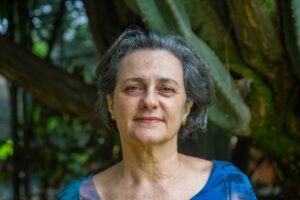
Elisabetta Recine
Keynote-SpeakerPresident / National Food and Nutrition Security Council of Brazil
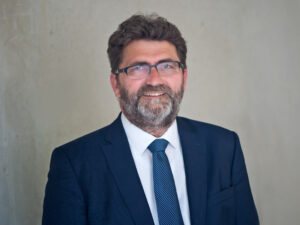
Michael Windfuhr
FacilitatorDeputy Director / German Institute for Human Rights
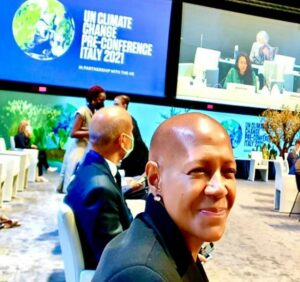
Nosipho Nausca-Jean Jezile
PanellistAmbassador of South Africa in Rome, Chair of the UN Committee on World Food Security (CFS)
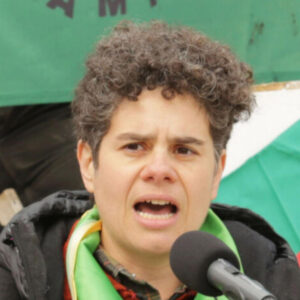
Paula Gioia
PanellistMember of the Coordination Committee / Civil Society and Indigenous People's Mechanism for relations with the CFS
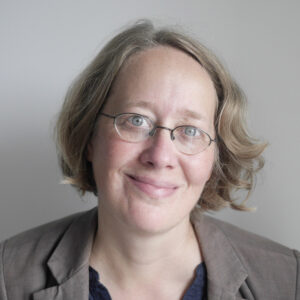
Saskia Richartz
PanellistFood Policy Council Berlin
